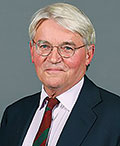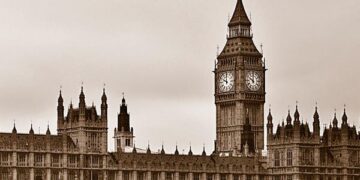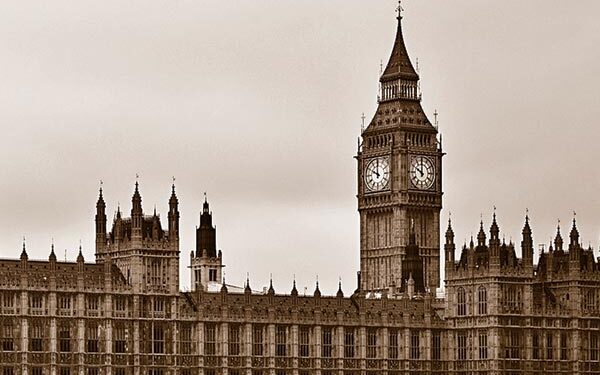The following are the excerpts of the proceedings in the house of Commons on the humanitarian pause in the Hamas, Israel conflict
 …there is always a role for the United Nations, but it has to be adapted to the circumstances. … Hamas have made it perfectly clear that they do not want a ceasefire. They want to repeat what they did on 7 October, the day of those terrible events
…there is always a role for the United Nations, but it has to be adapted to the circumstances. … Hamas have made it perfectly clear that they do not want a ceasefire. They want to repeat what they did on 7 October, the day of those terrible events

Andrew Selous (Con)
I very much hope we can extend the humanitarian pause. The Minister, as a former serviceman, like me, will know that the United Kingdom armed forces make extraordinary efforts to avoid civilian casualties, even when targeting terrorists embedded in civilian areas—a point that has been made very forcefully to me by veterans in recent days—so will the United Kingdom carry on very clearly calling on Israel to follow similar standard operating procedures?
Andrew Mitchell
Yes, and the Foreign Secretary, during his visit to Israel, made precisely that point.

Jeremy Corbyn (Ind)
The pause is obviously welcome because it will save lives. The horror of 7 October has not gone away. The disaster of the killing of 14,000 people in Gaza has not gone away. There has to be a recognition, as António Guterres has pointed out, of the underlying issue, which is the occupation of the west bank and the settlement policy, and the violence that so many Palestinians have had to put up with for decades and decades. Does the Minister believe there is a role now for the United Nations to do more to try to bring about not just a ceasefire, but a long-term peace that will involve the withdrawal of Israeli forces from Palestine?
Mr Mitchell
The right hon. Gentleman will know that there is always a role for the United Nations, but it has to be adapted to the circumstances. What he says about a ceasefire, which I have heard him say before, is fettered by the fact that Hamas have made it perfectly clear that they do not want a ceasefire. They want to repeat what they did on 7 October, the day of those terrible events. To have a ceasefire, we have to have two sides that want a ceasefire, and that is clearly not available on this occasion.

James Sunderland (Con)
The conflict in the middle east is tragic, complex and, sadly, protracted.While the House is broadly aligned on the need to defeat Hamas, could the Minister please reassure me of the efforts being undertaken to urge restraint among all protagonists in the protection of civilians and non-combatants in Gaza?
Mr Mitchell
Britain has been very clear about the importance of respecting international humanitarian law in all circumstances.

Ian Paisley (DUP)
The Minister must be concerned by those who seek to play down what has actually happened to innocent Israelis in the middle east. He must be gutted and alarmed that Leo Varadkar, the Prime Minister of a neighbouring state of ours, described one of the victims, an eight-year-old girl who was kidnapped and abused, as “lost”. That is unbelievable. Is the Minister concerned by the ever-increasing extremism and the anti-NATO and antisemitic attitudes emanating now from the Republic of Ireland? Is he going to have a word with that country about its attitude?
Mr Mitchell
The Government have been absolutely clear on where we stand on antisemitism and Islamophobia: we condemn both without qualification and will continue to do so.

Kit Malthouse (Con)
As the Minister knows, there has been no pause in violence in the west bank, whose largely defenceless population has been subjected over a number of months now to a campaign of what the Americans and French have referred to as “terror”. The Minister says he is asking tough questions and delivering tough messages to both sides, but when will those tough messages turn into tough action? The Americans have already said they will institute visa bans against those settlers who are perpetrating violence, but we have been talking about this for years to little or no effect. Given the centrality of achieving a two-state solution, is there not a strong case for us to take firm action against settlers, those who arm them and those who support them?
Mr Mitchell
On his visit last week, the Foreign Secretary delivered very strong messages, when he was in Ramallah and when he saw the Israeli Government, about the importance of stopping settler violence and ensuring that people are put before the courts and punished—that if the perpetrators of settler violence were identified, they could be put before the courts.
















